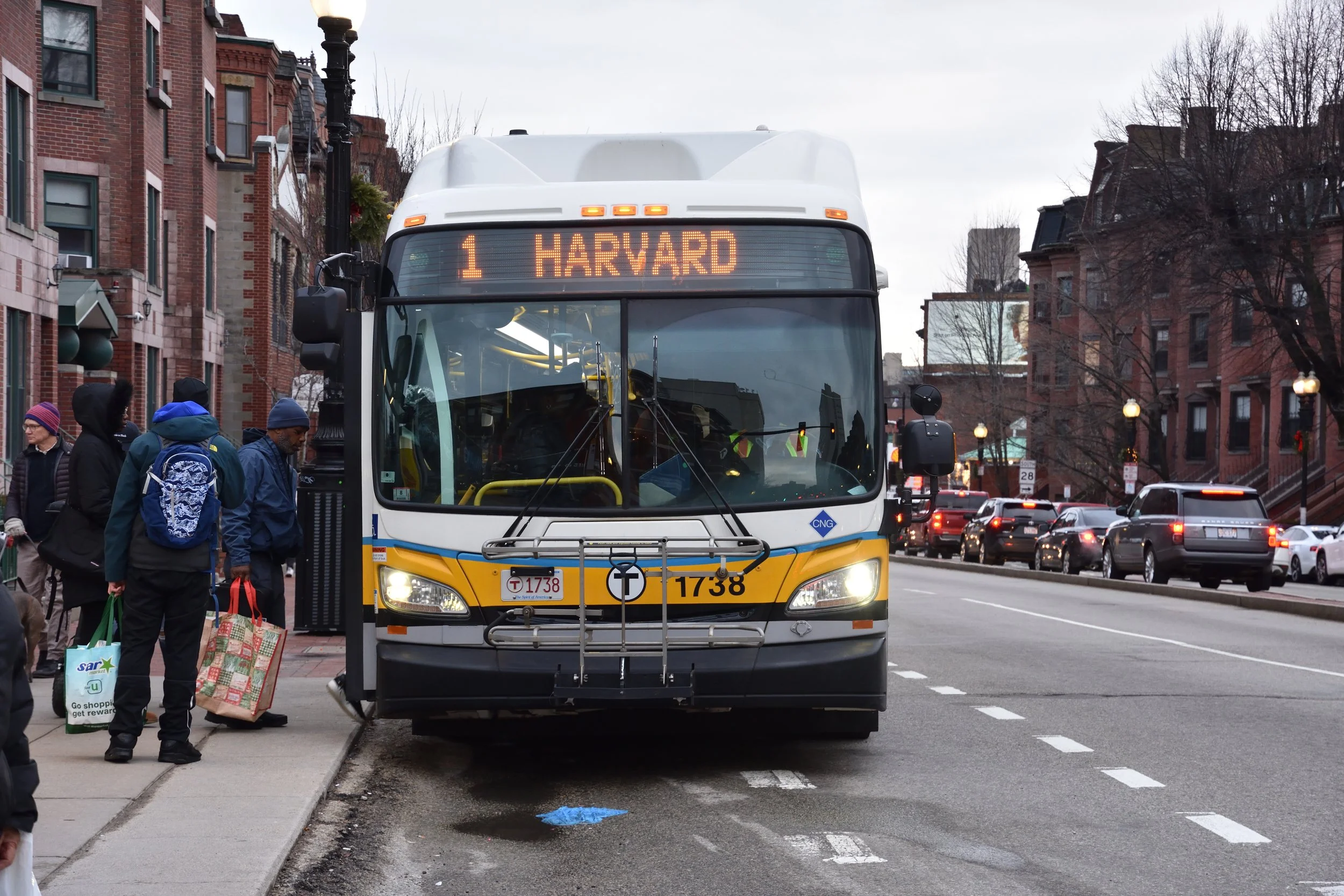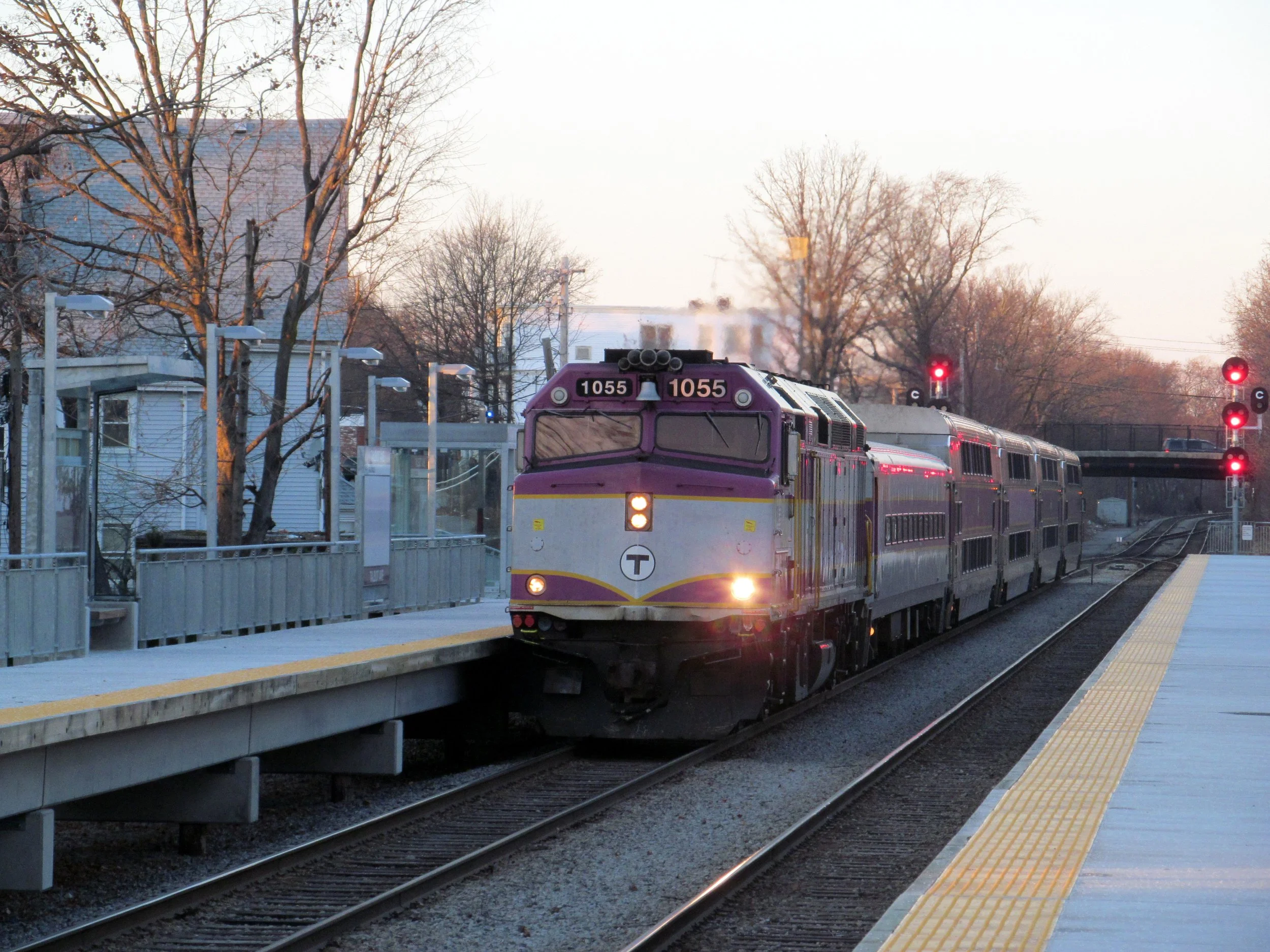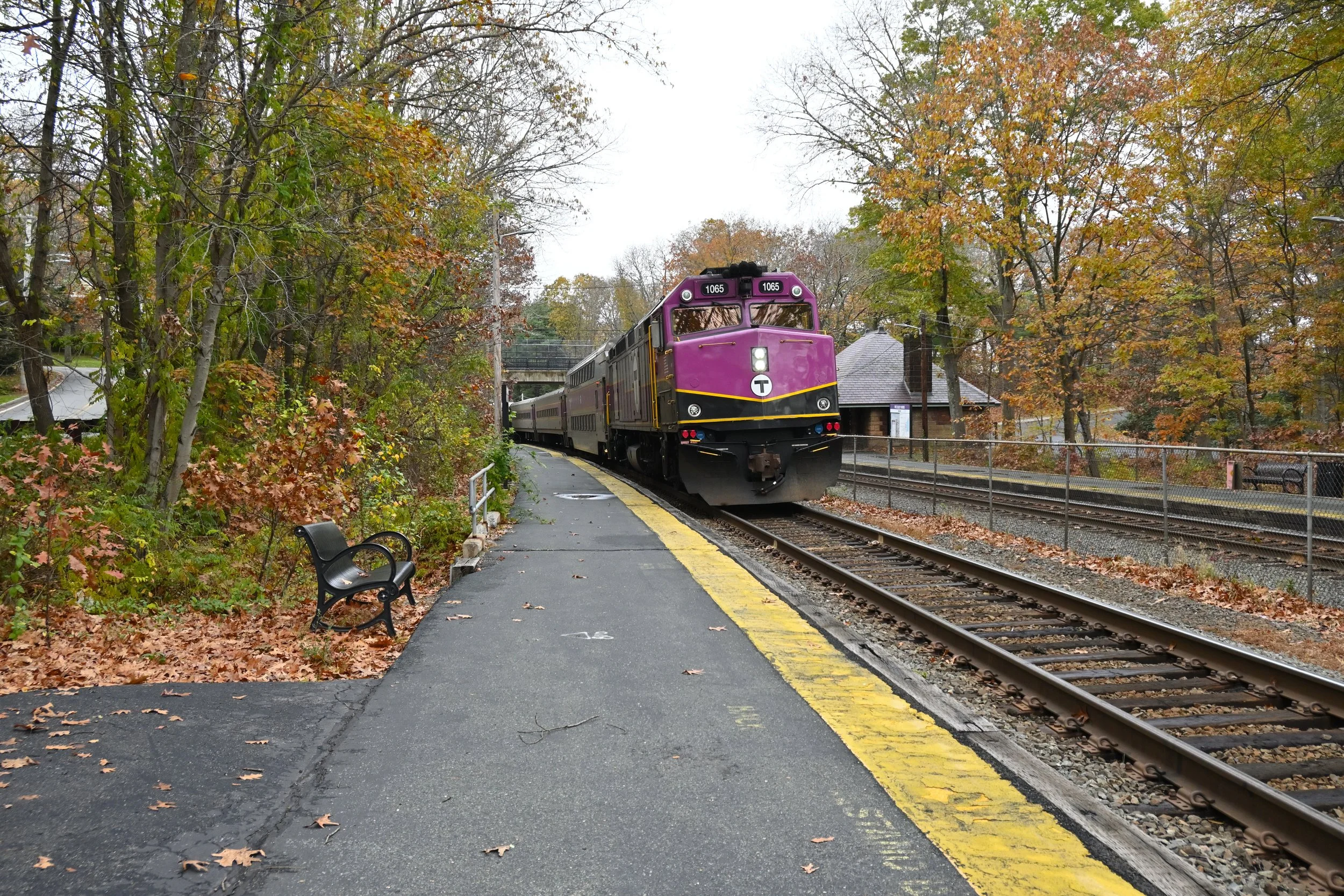Below is the full transcript of the public comments our Executive Director, Jarred Johnson, presented to the MBTA Board on July 27, 2023:
“Good morning, Secretary Fiandaca, Chair Glynn, General Manager Eng, members of the board, and staff. I appreciate the opportunity to provide public comment.
My name is Jarred Johnson, with TransitMatters.
I want to talk about restoring public trust in the agency and fighting for riders. Confidence in the agency is at an all-time low and the agency’s actions, or lack thereof, are only eroding further and making the job of advocates more difficult.
The T is not doing a good enough job of demonstrating its care for riders. Ridership and service quality should be on the same level as safety. Lest my comments be misinterpreted, this does not mean that safety should be at all compromised. This means the T needs to raise ridership and service quality up to that level. This means attracting and retaining ridership must become a key priority. The T's quite frankly offensive posture towards riders has been disappointing, to say the least.
The recent Green Line Central Subway shutdown with less than 48 hours notice and no public information about what work was being done is not acceptable. I even spoke with an operator who told me they often find out about these diversions in the press along with riders. There is often incorrect signage and poor communication during these diversions. This is compounded by poor operations and inconsistent practices on the portions of the rapid transit network where service is running.
We must address the lack of transparency and accountability. Why is the Orange Line 10 minutes slower today than before the Sept 2022 shutdown? Who will be held responsible for the falsified or incomplete information that led to the global slowdown this past winter?
The story coming out of the Sumner Tunnel shutdown can’t be that the T bent over backward to help drivers with better information, free bus and Blue Line fares, and cheap Commuter Rail fares and then just stopped when it was over.
I wake up every day thinking about how to make the MBTA and how I can help. And in addition to my staff, I lead a team of volunteers who do the same without pay. I know MBTA staff wake up every day trying to run safe service, solve problems, and plan for the future. It’s disheartening to not see more of a visible change in how this agency operates. Leadership isn’t being vocal or transparent enough about how the agency is fighting for riders.
Riders have endured years of acute crisis and decades of underfunding and managed decline. This isn’t about ascribing fault to someone, but this board and this leadership team is responsible now. Seven months is too long to not know when the Red Line’s travel times will be back to normal. It’s too long not to have a timeline for returning rapid transit headways back to pre-pandemic levels. It’s too long to not have set a firm timeline for having enough bus operators to start Phase I or the Bus Network Redesign.
We don’t have time for the T to get all of its ducks in a row before improving its communication and taking action to improve service quality. People are making major life decisions based on the poor quality of today’s service and the lack of information about when it will get better. People are considering whether they’ll buy a car, or whether they’ll take a job in Atlanta. Companies are making siting decisions based on whether they believe the T will get better.
The T has a proud history and was one of the best agencies in the country if not the world. There’s an anecdote about just how good the T used to be: in the 80s there was an award competition that banned the T from competing for a few years because they won too many times in a row. We can get back there, but we’re missing the vision to make that happen. Failure is not an option, because the T is essential to the region’s future. The T is critical to addressing climate change, congestion, housing, socioeconomic equity and so much more.
I’m urging this agency to show a marked change in how it communicates with riders and to start delivering real meaningful results that change the perception of the system.
Thank you.”






